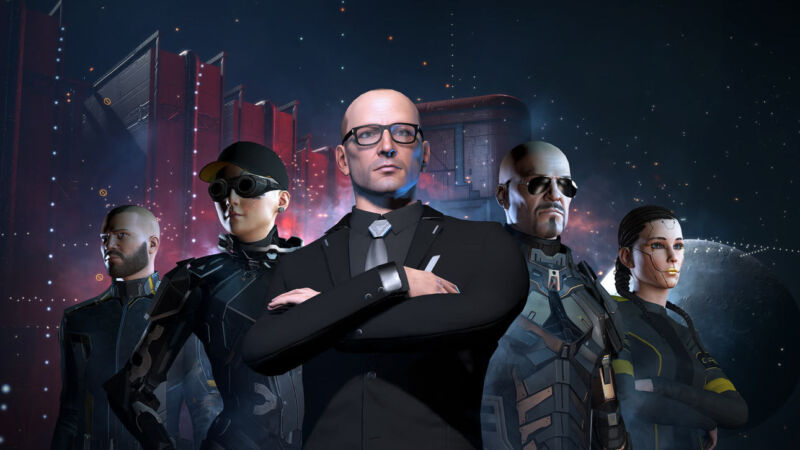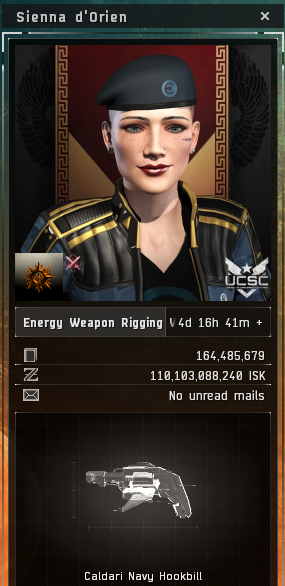-
Sc
chevron_right
Second Interdisciplinary Workshop on Reimagining Democracy
news.movim.eu / Schneier · Tuesday, 9 January - 02:01 · 2 minutes
Last month, I convened the Second Interdisciplinary Workshop on Reimagining Democracy ( IWORD 2023 ) at the Harvard Kennedy School Ash Center. As with IWORD 2022 , the goal was to bring together a diverse set of thinkers and practitioners to talk about how democracy might be reimagined for the twenty-first century.
My thinking is very broad here. Modern democracy was invented in the mid-eighteenth century, using mid-eighteenth-century technology. Were democracy to be invented from scratch today, with today’s technologies, it would look very different. Representation would look different. Adjudication would look different. Resource allocation and reallocation would look different. Everything would look different, because we would have much more powerful technology to build on and no legacy systems to worry about.
Such speculation is not realistic, of course, but it’s still valuable. Everyone seems to be talking about ways to reform our existing systems. That’s critically important, but it’s also myopic. It represents a hill-climbing strategy of continuous improvements. We also need to think about discontinuous changes that you can’t easily get to from here; otherwise, we’ll be forever stuck at local maxima.
I wrote about the philosophy more in this essay about IWORD 2022. IWORD 2023 was equally fantastic, easily the most intellectually stimulating two days of my year. The event is like that; the format results in a firehose of interesting.
Summaries of all the talks are in the first set of comments below . (You can read a similar summary of IWORD 2022 here .) Thank you to the Ash Center and the Belfer Center at Harvard Kennedy School, and the Knight Foundation, for the funding to make this possible.
Next year, I hope to take the workshop out of Harvard and somewhere else. I would like it to live on for as long as it is valuable.
Now, I really want to explain the format in detail, because it works so well.
I used a workshop format I and others invented for another interdisciplinary workshop: Security and Human Behavior, or SHB . It’s a two-day event. Each day has four ninety-minute panels. Each panel has six speakers, each of whom presents for ten minutes. Then there are thirty minutes of questions and comments from the audience. Breaks and meals round out the day.
The workshop is limited to forty-eight attendees, which means that everyone is on a panel. This is important: every attendee is a speaker. And attendees commit to being there for the whole workshop; no giving your talk and then leaving. This makes for a very collaborative environment. The short presentations means that no one can get too deep into details or jargon. This is important for an interdisciplinary event. Everyone is interesting for ten minutes.
The final piece of the workshop is the social events. We have a night-before opening reception, a conference dinner after the first day, and a final closing reception after the second day. Good food is essential.
Honestly, it’s great but it’s also it’s exhausting. Everybody is interesting for ten minutes. There’s no down time to zone out or check email. And even though a shorter event would be easier to deal with, the numbers all fit together in a way that’s hard to change. A one-day event means only twenty-four attendees/speakers, and that’s not a critical mass. More people per panel doesn’t work. Not everyone speaking creates a speaker/audience hierarchy, which I want to avoid. And a three-day, slower-paced event is too long. I’ve thought about it long and hard; the format I’m using is optimal.


